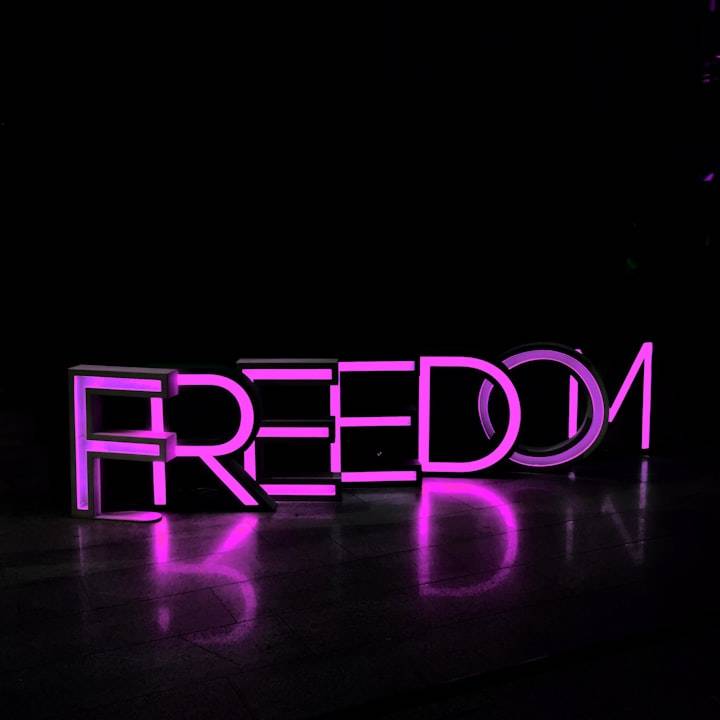Freedom of speech, a cornerstone of democracy, has been at the heart of many battles throughout history. However, in some instances, this fundamental right has been twisted, suppressed, or outright denied, leading to devastating consequences. Below, we explore 20 of the most chilling crimes in history that highlight the clash between freedom of expression and oppressive control.
1. The Salem Witch Trials (1692–1693)
Accusations of witchcraft silenced dissent and led to 20 executions in colonial Massachusetts. This dark chapter underscores the dangers of mass hysteria and the suppression of speech during times of fear.
2. The Reign of Terror in France (1793–1794)
Thousands were guillotined during this period of political purges, as freedom of speech became a death sentence for anyone opposing the revolutionary regime.
3. The Sedition Act of 1798 (United States)
This law criminalized criticism of the government, marking an early and alarming attempt to curb free speech in the fledgling democracy.
4. The Alien and Sedition Acts (1798)
Aimed at silencing political opponents, these laws allowed the U.S. government to prosecute individuals for expressing dissenting opinions.
5. The Espionage Act of 1917 (United States)
Passed during World War I, this act led to the imprisonment of individuals like Eugene V. Debs for opposing the draft, highlighting how wartime fears can erode freedoms.
6. Nazi Book Burnings (1933)
The Nazis’ systematic destruction of literature they deemed "un-German" symbolized their stranglehold on intellectual freedom and expression.
7. The Great Purge (1936–1938)
Under Stalin, millions were executed or sent to gulags in the Soviet Union for perceived dissent, silencing entire populations through fear.
8. The Japanese American Internment (1942–1945)
During World War II, over 120,000 Japanese Americans were forcibly relocated, with many silenced about the injustice for fear of further persecution.
9. McCarthyism (1950s)
The Red Scare led to blacklisting and imprisoning individuals accused of communism, stifling free speech in entertainment, academia, and politics.
10. The Kent State Shootings (1970)
During a protest against the Vietnam War, four students were killed by the National Guard, a chilling reminder of the cost of exercising free speech in volatile times.
11. Apartheid Censorship in South Africa (1948–1994)
The apartheid regime suppressed anti-government speech, using censorship to maintain racial segregation and oppression.
12. Tiananmen Square Massacre (1989)
Chinese authorities brutally cracked down on pro-democracy protesters, killing hundreds and ensuring a legacy of suppressed freedom.
13. The Charlie Hebdo Attack (2015)
A violent attack on a French satirical magazine highlighted the dangers journalists face when exercising free speech.
14. The Persecution of Pussy Riot (2012)
Members of this Russian feminist punk rock band were imprisoned for their politically charged performances, demonstrating ongoing suppression of dissent.
15. The Hong Kong Protests (2019–2020)
Protesters demanding democracy faced brutal crackdowns, arrests, and censorship under China's increasing influence.
16. Censorship in North Korea
Under the Kim regime, any criticism of the government is punishable by death, creating a nation devoid of free expression.
17. Myanmar’s Rohingya Genocide (2017)
State-led suppression of speech played a role in silencing opposition to the persecution and ethnic cleansing of the Rohingya people.
18. The Killing of Jamal Khashoggi (2018)
The Saudi journalist's brutal murder highlighted the extreme risks faced by those who dare to speak out against authoritarian regimes.
19. Julian Assange and WikiLeaks
The imprisonment and ongoing controversy around Assange expose the fine line between transparency and perceived threats to national security.
20. The Iranian Crackdown on Protesters
Protesters, including women fighting for their rights, face severe punishments, underscoring the persistent global struggle for free expression.
These cases remind us that freedom of speech is both a privilege and a responsibility. Each atrocity reveals a warning: when expression is stifled, the consequences ripple across societies, leading to injustices that resonate for generations. The fight to protect free speech is never over—it’s a battle that requires vigilance, courage, and commitment.


